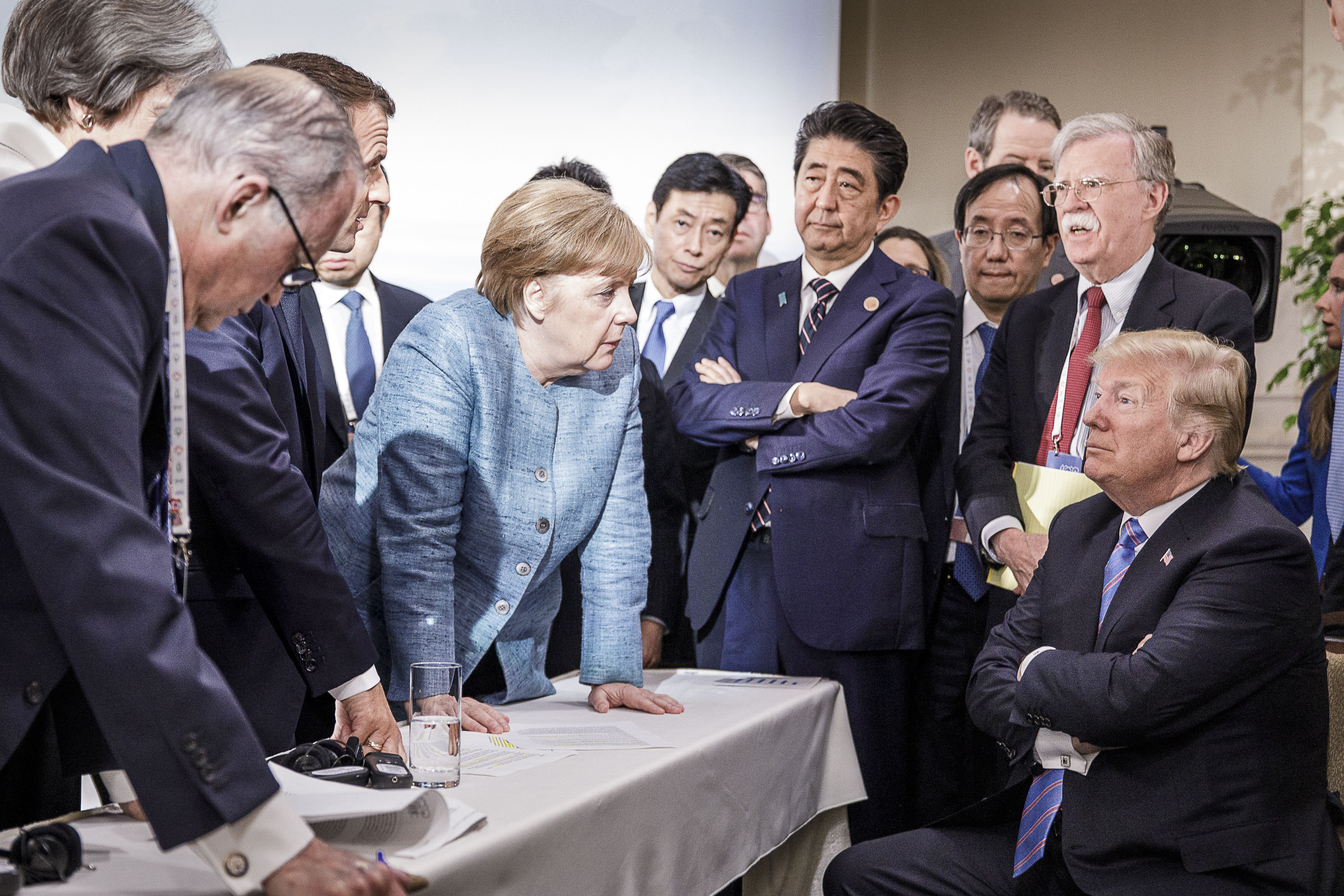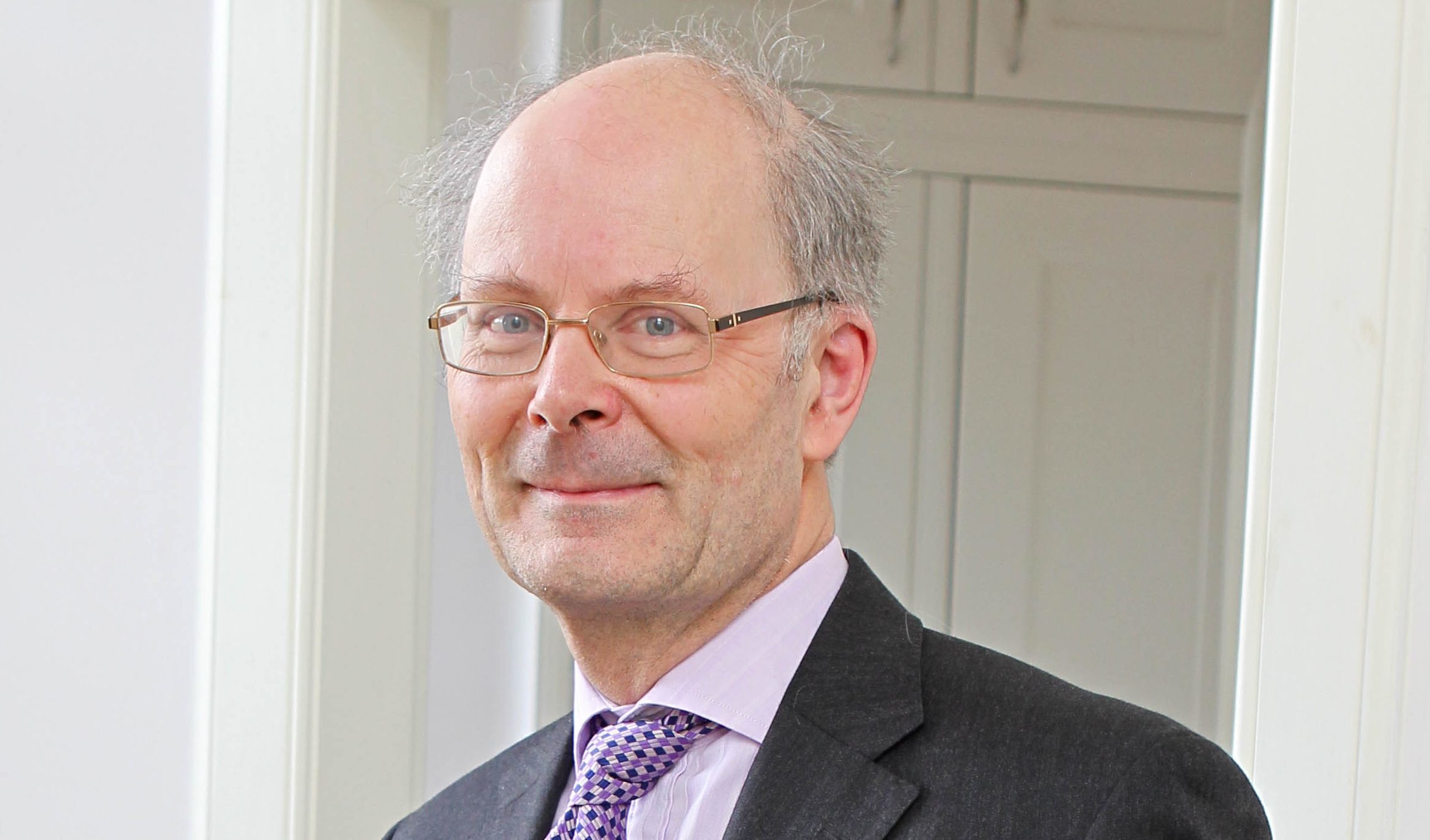
TWELVE months of political turbulence and constitutional chaos has failed to persuade voters to change their opinions about the big issues, according to Professor John Curtice.
Britain’s leading polling expert believes there has been little shift in opinions on the major issues of Brexit and a second Scottish independence referendum.
And, he said, the division and uncertainty means it is impossible to predict what may happen in the coming year.
Professor Curtice said: “The most important characteristic of 2018 is that nothing happened – but this is politically crucial.
“It means we are still divided down the middle on Brexit, there is very little prospect of an immediate General Election coming up with any kind of decisive result and the outcome of any second EU referendum is extremely uncertain.
“Don’t assume asking the public is going to make the political picture any clearer.”
The turmoil over Brexit in recent months – including the possibility of Britain crashing out of the EU without a deal – might be expected to have changed the opinions of some who voted leave.
But Professor Curtice, of Strathclyde University, said large sections of the population were “simply committed” to which side of the argument they were on.
He said: “Remain and leave are now the object of far more intense support than there is for any political party.
“We have become much more pessimistic about what kind of deal we are going to get out of Brexit but that doesn’t necessarily shift the numbers.
“It simply means leave voters are saying, ‘Yes we are getting a lousy deal and we should just get out’ while remain voters are saying, ‘We told you so’.”
Professor Curtice said concern about the economic consequences of Brexit could be a factor which influences a small number of voters to change their minds.
But he added: “The truth is, 85-90% of people say they would vote exactly the same way in the EU referendum as they did two years ago.”
When it comes to the issue of Scottish independence, he said an average of polls between October and December showed the yes vote is at 46%, up around 1% compared to the 2014 referendum result.
Professor Curtice said: “The SNP still finds itself in a situation where even attempting to call a second independence referendum will be a substantial gamble.
“Equally, no unionist can assume a referendum would keep Scotland in the UK.
“So nobody is happy and the needle is very firmly stuck in its groove.”
He said a no-deal Brexit which caused economic difficulties could influence some no voters to change their minds.
But he added: “One of the ironies of where we are at now politically, is the SNP are doing their damnedest to stop Brexit, which is possibly the one thing in the short term that might actually shift the numbers on independence.”
He also said Scotland would be crucial to the outcome of the next General Election, with virtually every seat in Scotland marginal, mostly between Labour and the SNP.
He said: “Most SNP and most Labour seats are being held on a knife-edge.
“Jeremy Corbyn needs to gain large numbers of seats in Scotland, the Scottish Labour party shows absolutely no sign of being able to meet that objective.
“He is not doing well enough in England, but certainly not doing well enough in Scotland, so we are just heading for another hung parliament.”
When it comes to will happen in 2019, Professor Curtice said: “The thing is we do not know what is going to happen.
“We have a parliament which is going to struggle to come to any Brexit deal.
“We also have a public which is polarised on the subject, which you will struggle to get any clear verdict out of – either by a General Election or EU referendum.”
He added: “It’s not unique we have a minority government that can’t get everything through.
“What is unusual is we have a situation in which the Government is struggling to get through its major policy – in fact its only policy.
“So Parliament is struggling on the crucial central issue facing the country.”

Enjoy the convenience of having The Sunday Post delivered as a digital ePaper straight to your smartphone, tablet or computer.
Subscribe for only £5.49 a month and enjoy all the benefits of the printed paper as a digital replica.
Subscribe